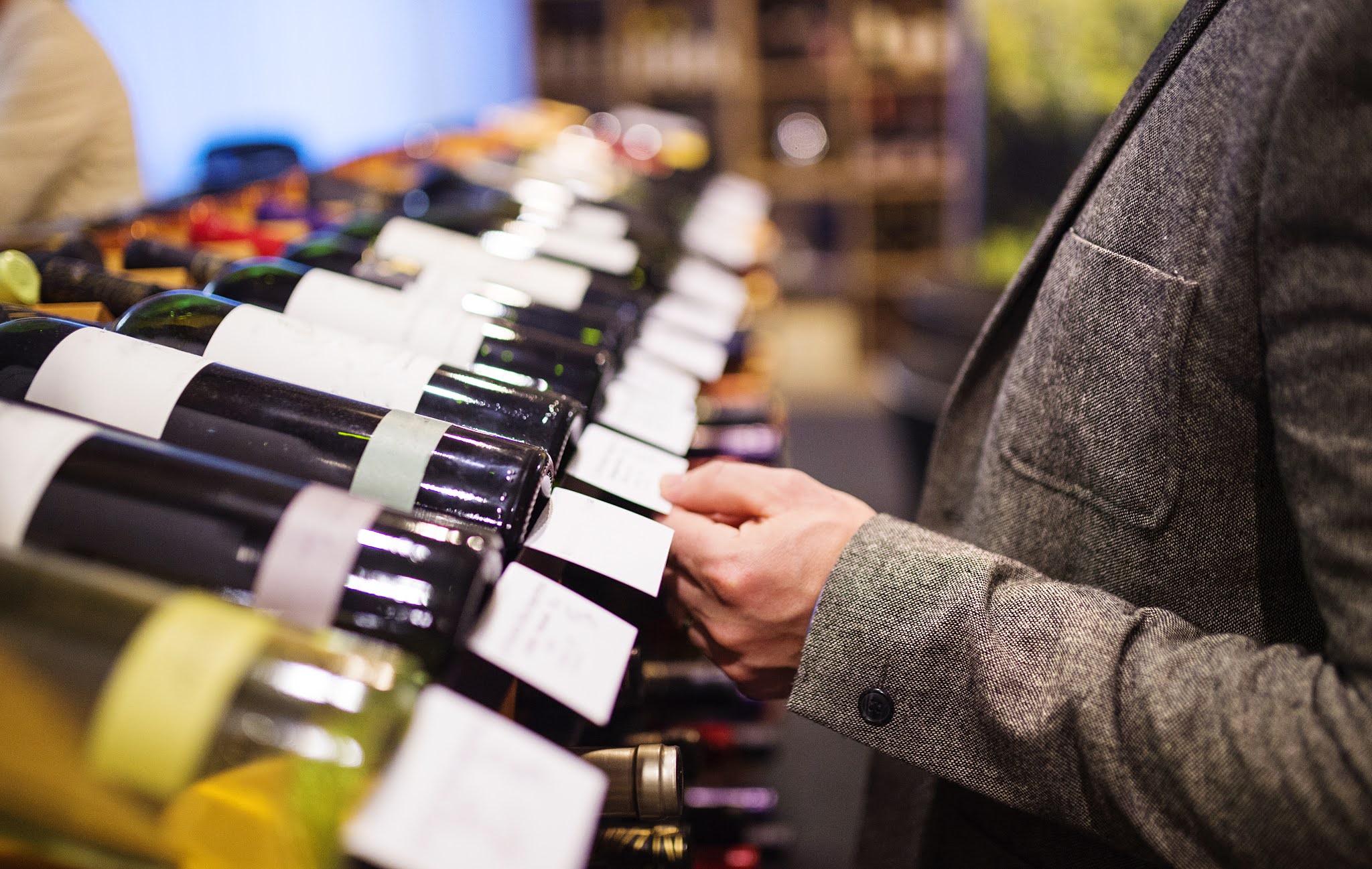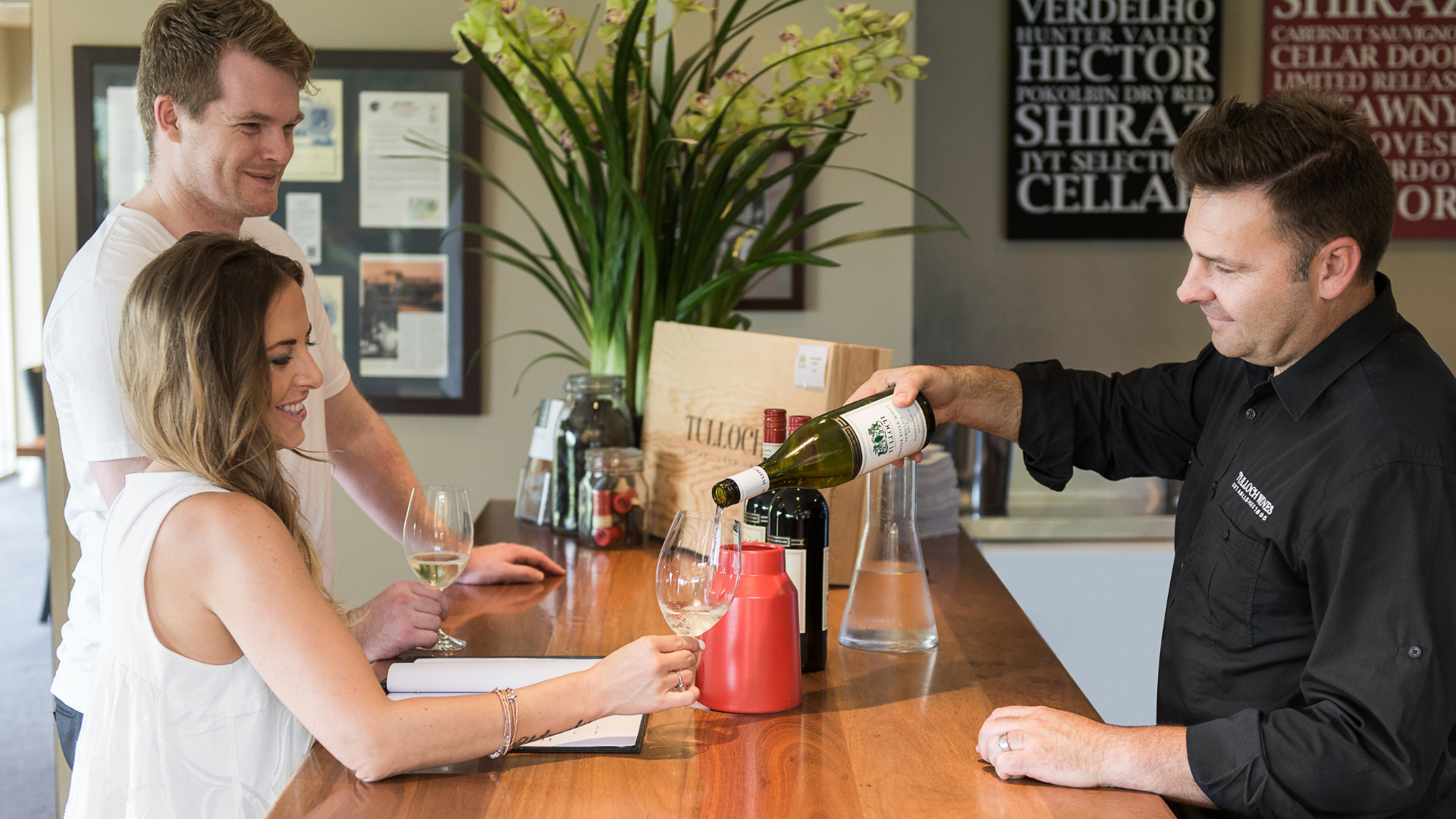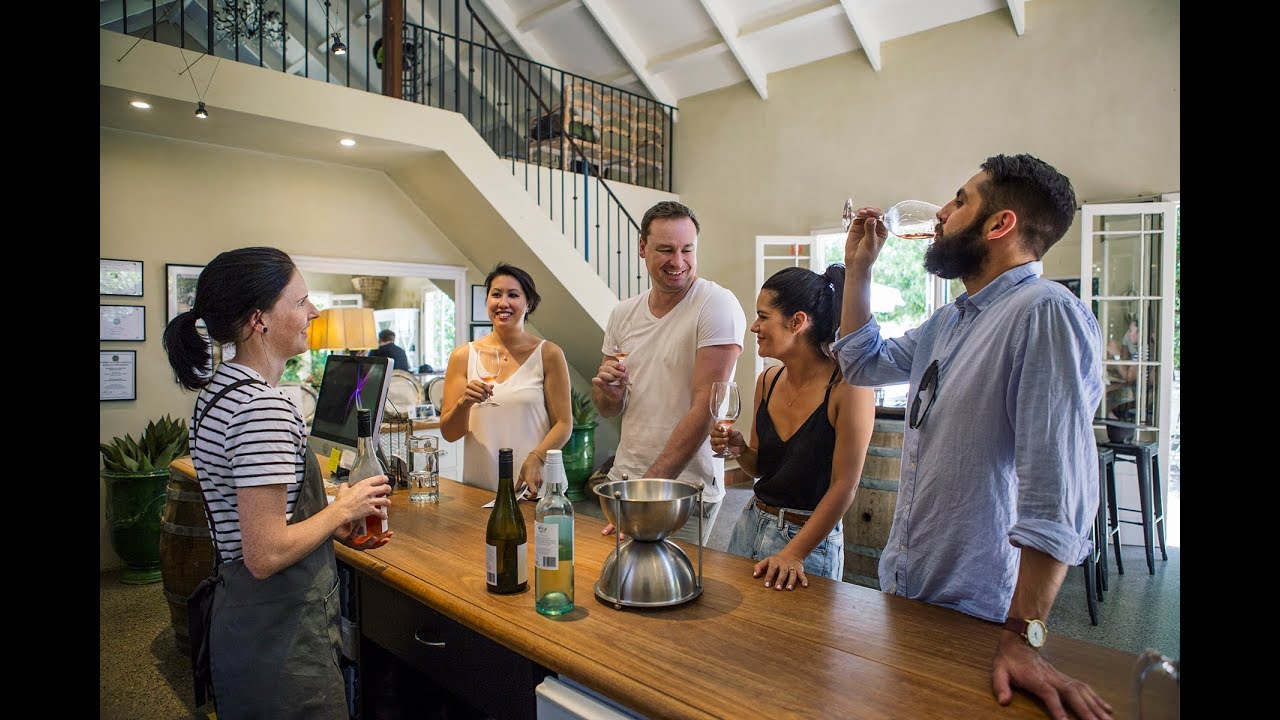To taste a wine correctly you must go through
a learning process in which you develop memory. Knowing how to taste means
focusing on your senses to be able to interpret the sensations you capture when
drinking wine.
At the end of the learning you will have to master the tasting technique, the own vocabulary and the aspects to take into account and criteria by which wines are judged. In addition, to expand your knowledge you will have to taste many types of wines, so it becomes a long process that requires certain doses of patience and good disposition.
For you to learn how to taste a wine, we give you some tips that you should take into account:
- Seek help. To start tasting it is recommended that you start with someone who already has knowledge about wine tasting and learn everything you can from that person.
- Blind tasting. Do not let prices and labels influence you, taste with your eyes closed to better perceive all the sensations that the wine produces.
- Taste many different wines. Try to try good quality wines and do not focus on a single variety. A good wine taster must know white, rosé, and red wine.
- Buy similar wines and compare them. Challenge yourself and taste wines from the same region, winemaking style, or variety. It will help you to better appreciate the different nuances of each one.
- Define your style and method. Find the style and method of tasting that best suits you and then keep it in all the tastings you do.
- Fix your vocabulary. You should take the time that is necessary to find the precise terms for each sensation that the wine produces. Little by little you will develop a specific vocabulary for tastings.
How to taste a wine step by step?
Before you start tasting a wine you must take into account certain issues such as:
- Try to ensure that the place where the tasting will take place is well lit and with good ventilation.
- Avoid external odors and do not go perfumed.
- It is advisable to use different glasses to taste each type of wine whenever possible.
To make the task of tasting wines easier, go one step further and not stay in a simple tasting, it is divided into three simple steps, stages or phases that everyone is able to follow and remember. You will no longer be left blank every time you are asked how to taste a wine in a restaurant.
Visual phase
We started by uncorking the bottle and pouring some wine into a glass. Remember to hold it by the base so that the wine does not heat up. Tilt the glass at an angle of approximately 45º so that you can see through the liquid from above. Do it, preferably, on a white or light-colored background. Repeat this procedure until you can see the wine clearly.
Visual analysis will allow you to obtain information about the maturity of the wine and its concentration.
In this first phase we are going to assess elements such as sharpness, intensity, color, etc. and, of course, we will detect any defect that the wine may suffer.
- Sharpness: The wine must be clean, crisp, if not, it will provide us with information on any defects that it may suffer. We can find cloudy, bright, veiled wines, etc.
- Intensity: This is the amount of color of the wine.
- Color: Not to be confused with color. We can find wines of different shades and color ranges.
In white wines we can find ranges such as brown, yellowish, greenish wines ... In rosé wines, shades ranging from raspberry pink, salmon pink, etc. In red wines, the most common tones are purple, cherry red, garnet, ruby or violet.
- Tears: We speak of "tears" to refer to the small drops that remain on the surface of the wine. These tears are linked to the alcohol concentration of the wine. The denser the tears, the higher their graduation. If when moving the glass, the tears fall, they are indicating that its density is high and therefore its graduation is higher.
Olfactory phase
Contrary to what one might think, smell is the most important sense in wine tasting, since, both in wine and in gastronomy, much of what we taste is smell.
We begin the olfactory phase by bringing the glass to our nose without shaking the glass. At first we will try to identify the primary aromas, which are those that we obtain from grapes, from the earth, fruit aromas, etc.
We continue to move the wine glass slightly to be able to identify the secondary aromas, exposed when the wine is in contact with oxygen. These aromas are those obtained during fermentation and the different winemaking processes.
Finally, we shake the glass again, more vigorously this time, to analyze the tertiary aromas or bouquet. These are those obtained during and after the aging of the wine and usually correspond to aromas of vegetables, nuts, fruit trees, flowers, etc.
If there is any irregularity or damage in the wine, we will detect it through the smell. We can find sour or rotten smell.
Finally, as a curiosity, the set of smells of a wine is often called "nose". The nose can change in intensity and quality depending on the age, variety and origin of the wine.
Gustatory phase
Finally, we move on to the taste phase. We must sip a little wine and pass it through the mouth so that it reaches all the parts and that the tongue can perceive all the flavors properly (sweet, acid and bitter). A perfect, round wine will be the one that achieves a good balance between these three flavors.
Next, we have to appreciate and analyze tactile sensations such as body, astringency (feeling of dryness), temperature, effervescence and texture.
After swallowing or spitting the wine we must expel the air through the nose and appreciate the sensations that remain in the mouth and how long they do. These sensations are different in each person; this phase is called the retronasal phase.
Usually, in wines of a basic quality, those sensations or flavors tend to disappear quickly (in a matter of seconds), we say that their finish is short. However, in high quality wines, those flavors or sensations can remain for even more than a minute, in that case, we say that their finish is long.
Learn to taste a good wine in our cellars
If you have wanted to learn how to taste wine, do not forget that one of the requirements is to do many tastings. You can start by visiting any of our cellars wineries and have a tasting with us. You will enjoy a complete tour of the facilities and you will be able to put your knowledge into practice or learn from scratch, because we will teach you everything you need to know. Contact Hunter Valley Tours today!




Comments
Post a Comment